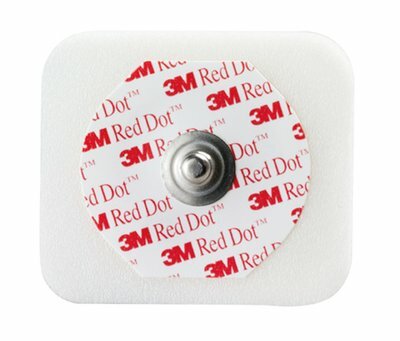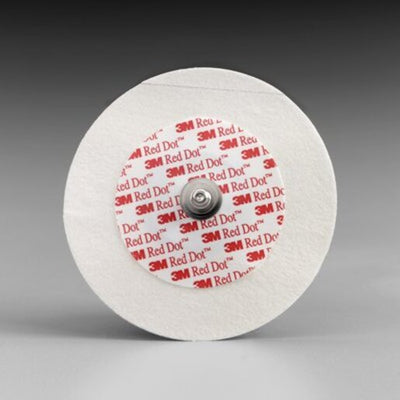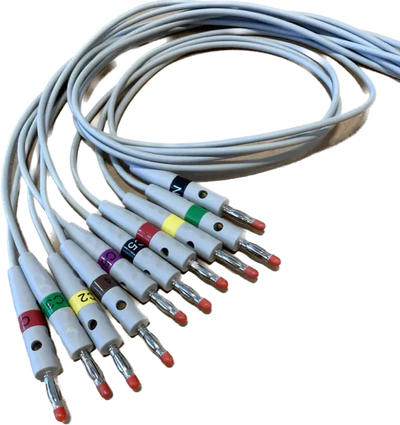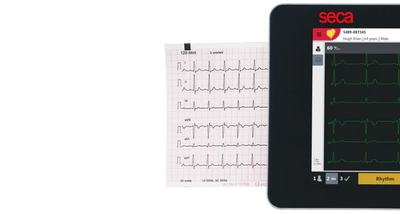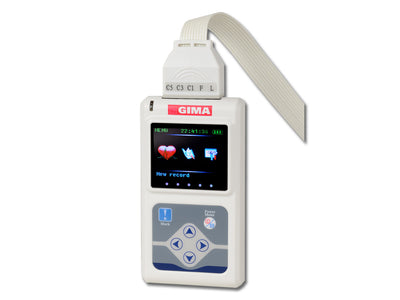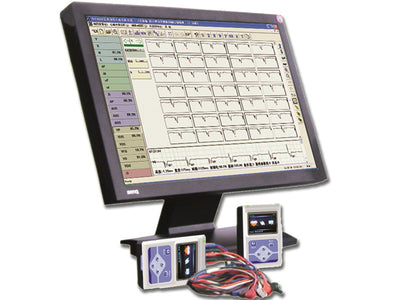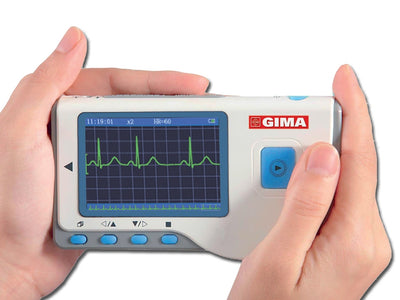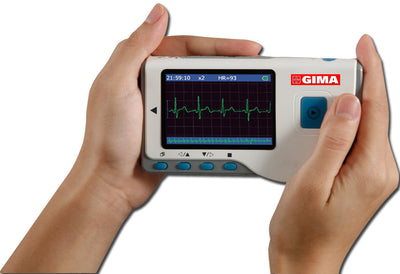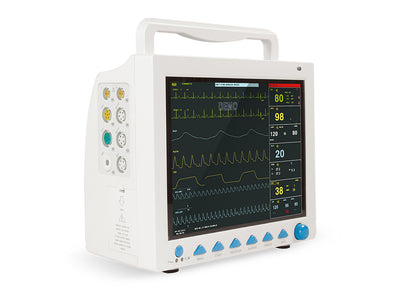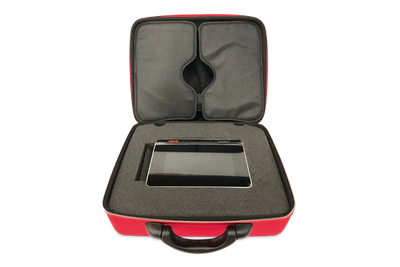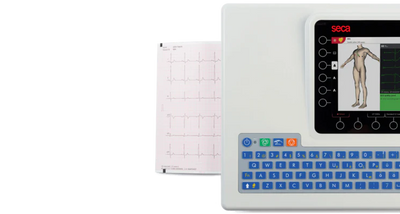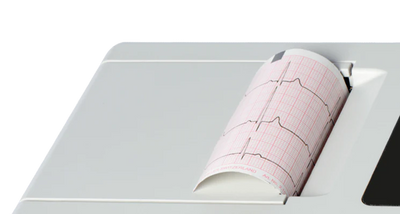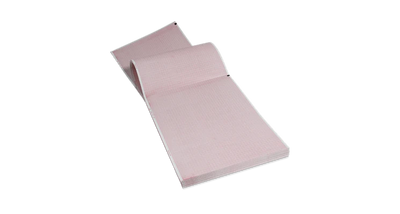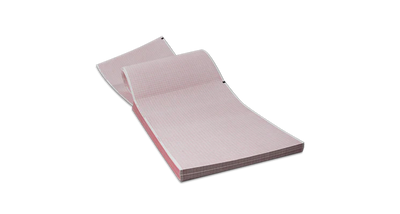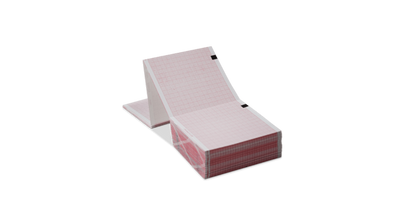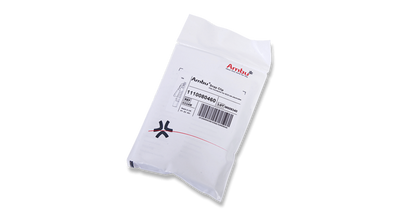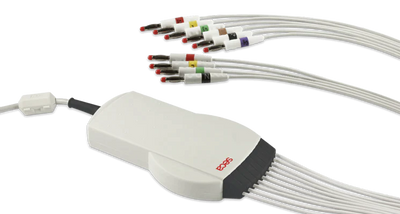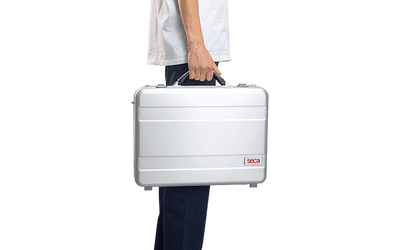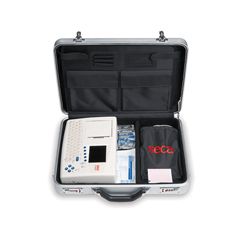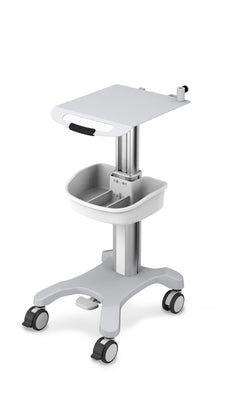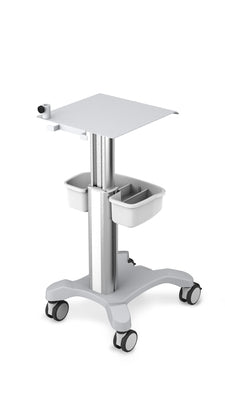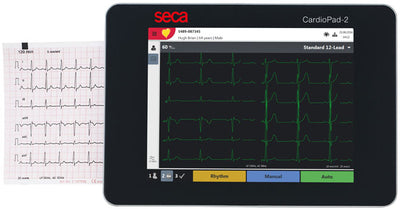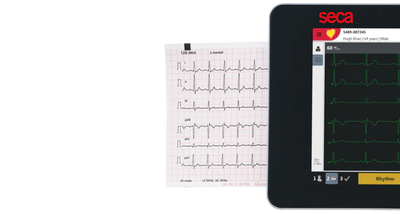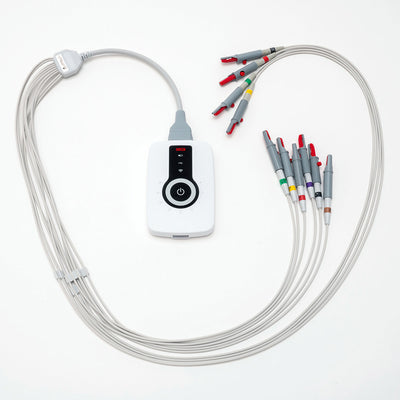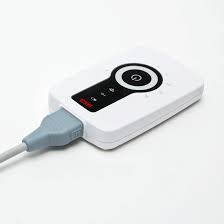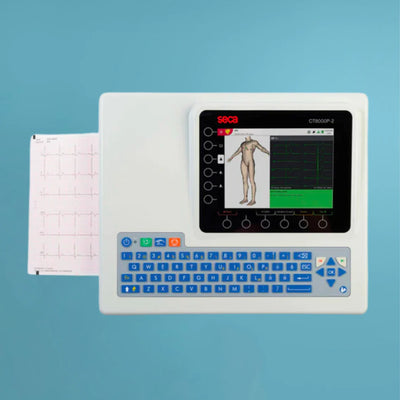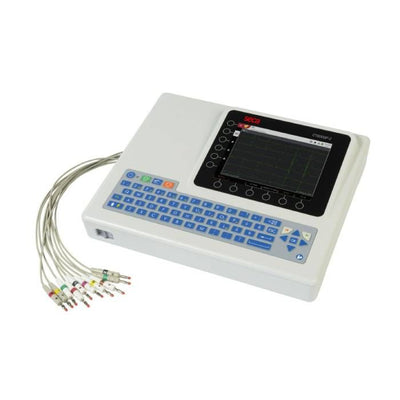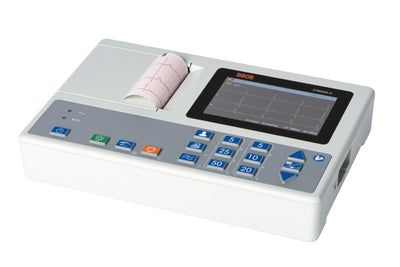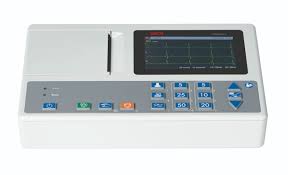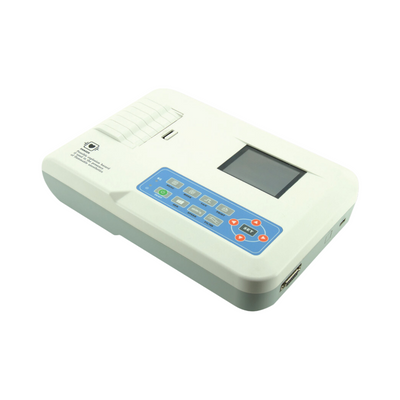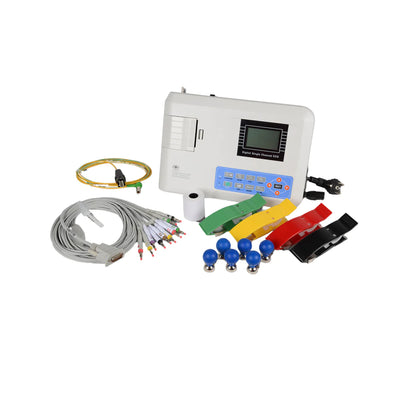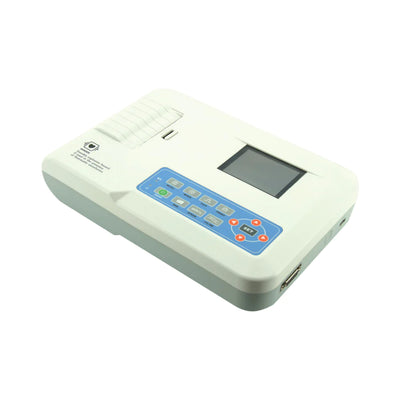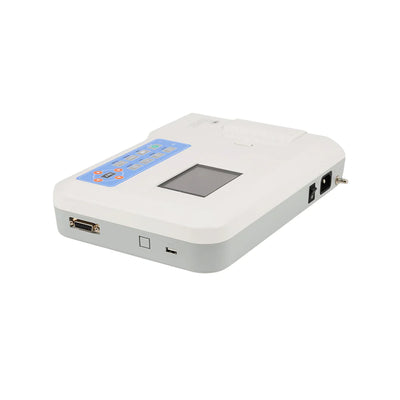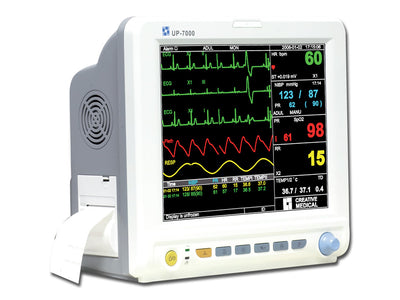Mediworld Subscription
Subscribe to Mediworld for product discounts, healthcare news, event updates and more!
Bestsellers
The Mediworld product range is extensive, so we have the most popular items for you below.

Load More
Nothing matches the criteria
Mediworld has been a regular supplier to the NHS for a number of decades.
We specialise in turnkey projects and are proudly UN approved.
2023 is our 50 year anniversary, and we are here to service you for many more.
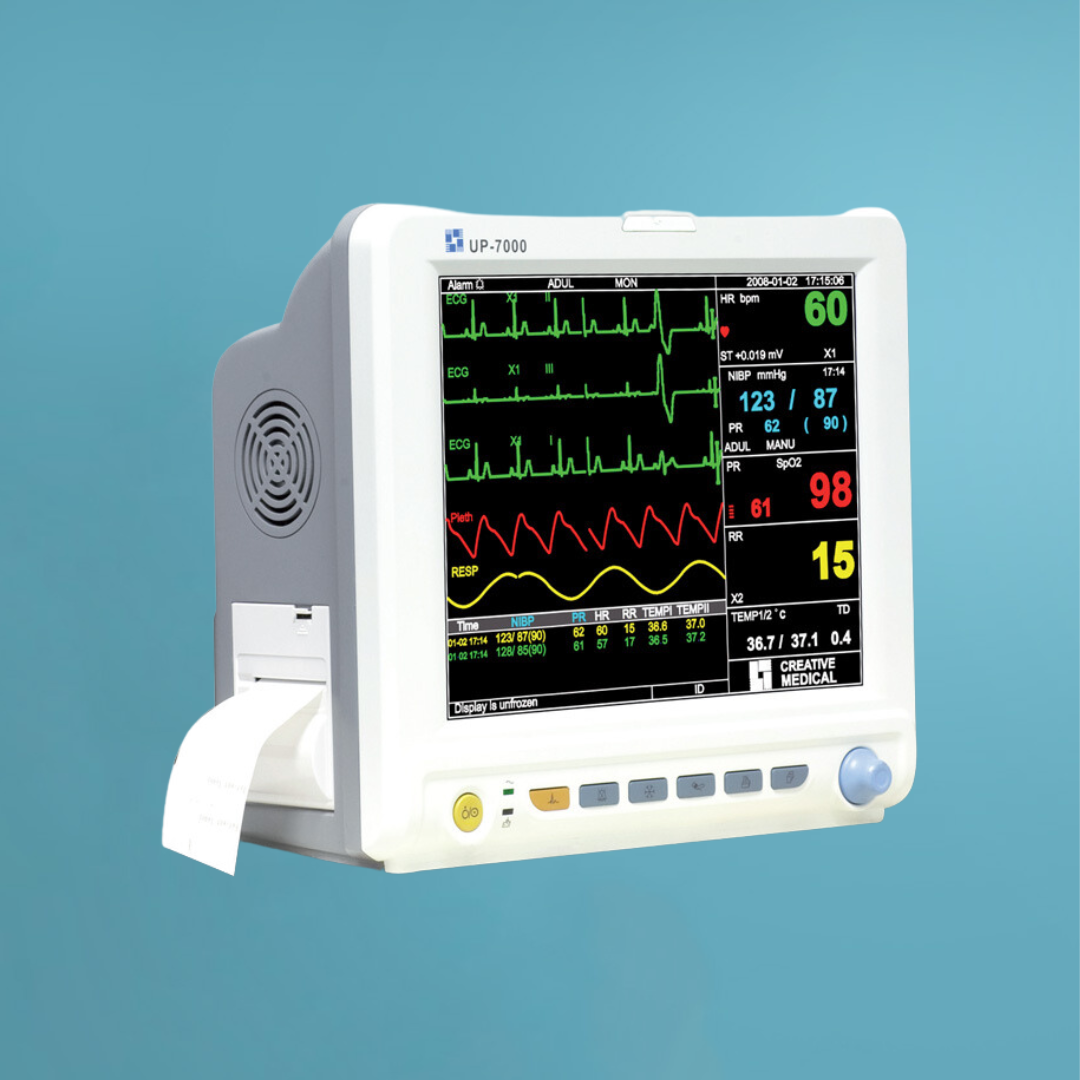
We offer ECG devices designed to be used for general practitioners or for domestic users who suffer from cardiovascular diseases such as hypertension, coronary disorders, giving the possibility of a daily ECG test.
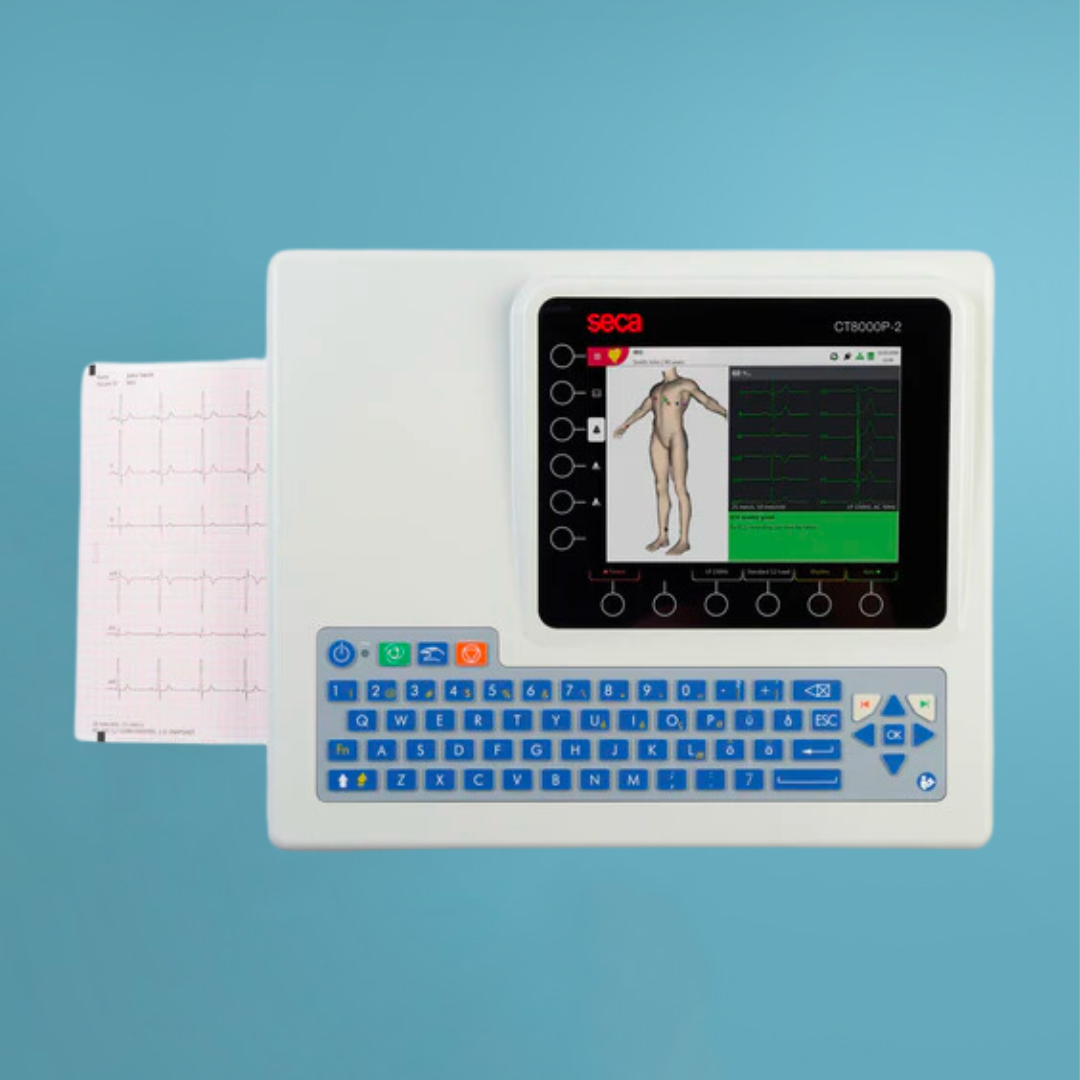
ECG machines come with sensors that attach to a person’s skin. This allows them to record the electrical signals that the heart produces.
A functional ECG machine should have
• Clamp electrodes with Ag/AgCl sensor in two sizes
• Suction chest electrodes in three sizes
• Lead wires
• Electrode adaptors
• Alligator clips
3 different types of ECG can be carried out and they are:
• Resting ECG – this is carried out while lying down in a comfortable position
• Exercise ECG – this is done while using an exercise bike or treadmill
• Ambulatory ECG— this is sometimes called a Holter monitor ECG, the electrodes are connected to the machine and then placed at the waist, the heart can then be monitored at home for 24 hours or more
The type of ECG done is dependent on the symptoms and the heart problem the patient is suspected to have.
For instance, an ambulatory ECG is more suitable if the symptoms are unpredictable or occur randomly and would not be advisable for a patient whose symptoms are triggered by physical activity.
To count the heart rates of an ECG, simply identify the two consecutive R waves and count the number of large squares between them. Divide the number into 300 with each representing a minute. By doing this you’ll be able to know a person’s heart rate
An ECG is done with some other tests to help diagnose and monitor conditions affecting the heart.
It is also used to check the symptoms of a possible heart problem like chest pains, sudden heart palpitations, dizziness, and shortness of breath.
An ECG can help detect arrhythmias, coronary heart disease, heart attacks, cardiomyopathy and many more. The test can be taken multiple times to investigate the progress of an already-diagnosed patient.
An electrocardiogram (ECG) is a simple test that is used to check the heart's rhythm and electrical activity. Mostly a cardiologist carries this out to check if a patient has a problem with their heart.
The number of leads required for an ECG machine depends on the clinical problem to be solved. The most common and standard one is the 12-ECG lead machines.
It’s divided into two sets of 6 extremity leads; consisting of 3 bipolar and 3 unipolar leads and 6 precordial leads. One records the voltage on the frontal plane and the other records it on the horizontal plane.
An ECG takes about 5 to 10 minutes. The results may then be read based on the doctor’s schedule.
Having an abnormal ECG can mean many things. It could just be a variation in the heart rhythm and it could also mean a medical emergency like arrhythmia or heart attack.
Mediworld Subscription
Subscribe to Mediworld for product discounts, healthcare news, event updates and more!
Would you like to save product on your wishlist?
Subscription completed successfully. The letter has been sent by mail.
User already subscribed
